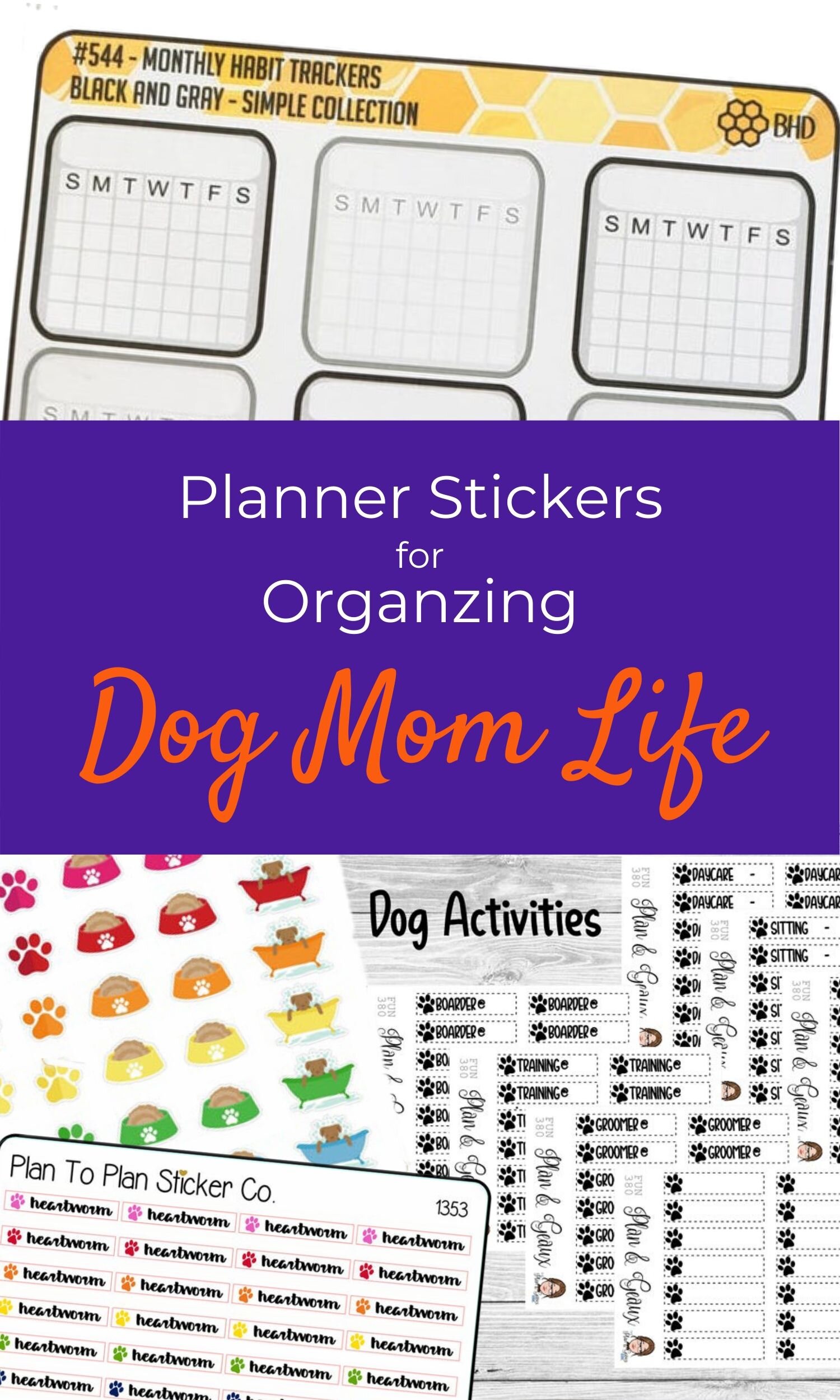#AtoZ Challenge: C is for Consistency
/Dogs are known for their unwavering loyalty. As people pleasers, they respond positively to steadfast expectations.
Consider your cues carefully.
According to Stanley Coren PhD., DSc, FRSC, a bright dog can learn up to 200 words. When you begin training your dog, be sure to think through what behavior you expect for each cue.
What's the difference between down and off? When you're letting your dog know that you're going to walk together will you say "Let's go" or "With me"? To get your dog's attention will you use look or look at me?
Think about what kind of hand signal you'll use as well to communicate each expectation.
If you progress to tricks, will you use standard trick words like roll over or will you get creative? Wouldn't it be fun to give each trick the name of a spell from Harry Potter?
Everyone in the home should use the same cues consistently.
If you have more than one person in your home interacting with your dog, you should make sure everyone knows the cues, the corresponding hand signals, and when to use each appropriately.
If your dog gets super excited when company comes over to visit them, you want a plan in place. Will you tell your dog to sit or to go to place?
When you come home from work, do you expect your dog to sit for petting? Do you want them to stay? Can your dog stay?
Bernie and Lizzie can't hold still when they're greeting us. We're okay with their wiggly Doodle butts, but all four paws must stay on the floor. Matthew and I will tell them to sit before we will start saying hello to them, but we refrain from telling them to stay because they can't. We want them to understand that stay means to stay where they are, so we can't confuse that meaning by sending them mixed messages with our cues.
As you learn more cues from classes and activities, be sure to keep updating everyone in your home about how the new cues and hand signals should be used.
Train consistently. Every day.
When you get a new puppy or dog, you'll want to teach him or her all the cues. You'll want your puppy to know his or her name, and how to walk on a loose leash. You'll want them to learn to potty outside.
As a type A perfectionist with a healthy dose of OCD tendencies, I get that you want to teach all of the things right from the start, but you can't. Don't try. You'll just frustrate yourself and your new dog,
Instead, introduce new cues over time. Practice a new cue and spiral in older cues to help your dog feel successful. Reinforcement is good. If you can work in five different bursts of ten minute training sessions in a day, your dog will learn quicker than if you're practicing for ten minutes once a day.
However, if your schedule allows for one practice session a day for ten minutes, then don't beat yourself up. Just understand that results will take longer. That's okay. Create a designated dog area, though, to help you manage your dog's behavior.
If you don't want your dog staring at you while you're trying to eat dinner, but you haven't taught your dog the place cue yet, then you need a room or crate just for the dog, a playpen area separate from the room in which you eat, or an area that you can baby gate so the dog has his or her own place.
Having a designated dog area was a lifesaver for us while we were training Bernie and Lizzie. Our dog area was the kitchen, so I would baby gate myself in solo whenever I prepared their meals. This situation also worked out well for unloading groceries. If Matthew and I wanted to play a board game, the pups would go into the kitchen with a few favorite toys. Peanut butter Kong anyone?
Knowing that we wanted our dogs with us motivated us to train every day. Training still took time and there were more days than not where I could only get through one burst of training, but over time, the pups learned.
Even if you're requiring just a few responses each day, your dog knows that you have expectations. Progress will occur. Hang in there.






























